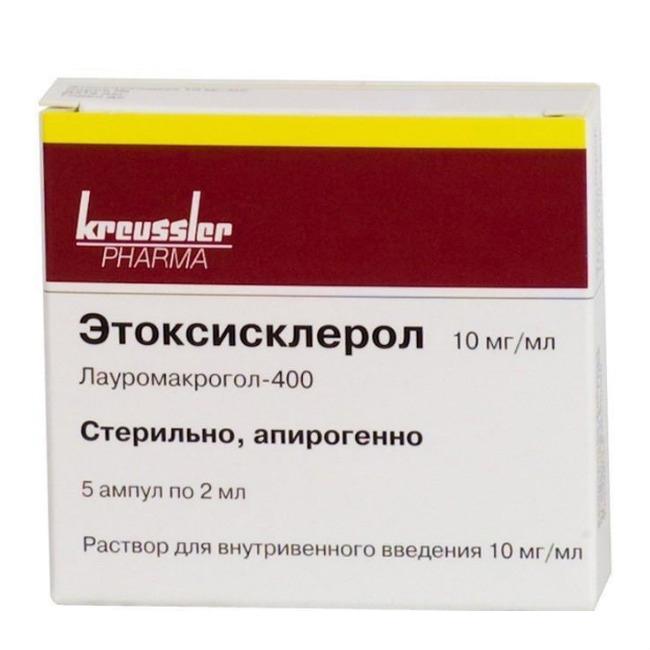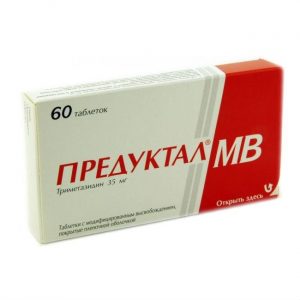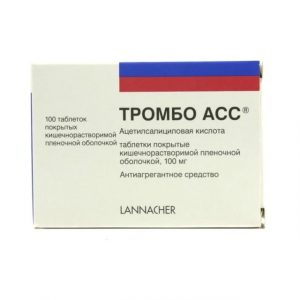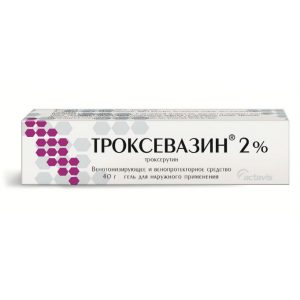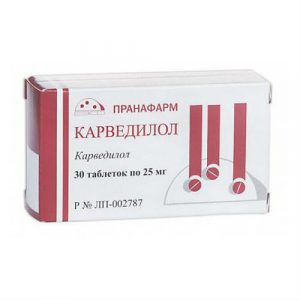Description
Release form
Injection.
Packing
5 ampoules of 2 ml.
Pharmacological action
Ethoxysclerol has a venosclerosing, local anesthetic effect. It damages the vascular endothelium, causing protein denaturation, stimulates the rapid formation of a blood clot and its organization within 7 days. Ethoxysclerol reduces the excitability of nerve endings and the conductivity of the pain impulse, providing painless sclerotherapy.
Indications
Sclerosis of varicose veins and telangiectasias, hemorrhoidal nodes obliteration or parietal sclerosis of varicose veins of the esophagus and stomach with acute bleeding from varicose veins of the esophagus and the condition after it, total venous thrombosis,
Contraindications
Absolute: hypersensitivity, shock, bed rest, diseases caused by clogged arteries of the III-IV degree, chronic arterial insufficiency, acute inflammatory diseases in the field of sclerosis.
Relative: superficial and deep (especially) vein thrombosis, edema, symptoms of diabetic microangiopathy, acute and chronic heart diseases (endocarditis, myocarditis), fever, diseases caused by clogged arteries of the II degree (with cosmetic indications), bronchial asthma.
Use during pregnancy and lactation
Contraindicated in the first trimester of pregnancy and after 36 weeks, breastfeeding after administration of Ethoxysclerol is recommended to be stopped for 2-3 days.
Special instructions
CHF in the compensation phase and stable hypertension are not contraindications for sclerotherapy.
Sclerosing drugs can not be entered in / a, because this can lead to severe necrosis and forced amputation. In case of accidental intravenous administration, inject 5-10 ml of a 1-2% solution of lidocaine or mepivacaine into the needle left in the artery, wrap the limb with 500 IU of heparin with cotton and lower it down to hospitalize the patient in the vascular surgery department.
The introduction of sclerosing drugs into the veins of the facial part of the skull is carried out only according to strict indications.
Composition
1 ml injection contains 10 mg polydocanol.
Dosage and administration
Ethoxysclerol is administered strictly intravenously with a horizontal or elevated leg position of 30-45 °.
The total dose of polydocanol for sclerotherapy of varicose veins and hemorrhoids should not exceed 2 mg / kg body weight per day. Thus, for a patient weighing 70 kg, up to 140 mg of polydocanol can be administered (28 ml of a 0.5% solution of ethoxysclerol, 14 ml of a 1% solution of ethoxysclerol, 4.6 ml of a 3% solution of ethoxysclerol).
Drug Interactions
Enhances the arrhythmogenic activity of local anesthetics and drugs for general anesthesia.
Overdose
Symptoms: with paravasal administration, necrosis.
Treatment: administration of 0.5-2 ml of 1% procaine solution or 5-20 ml of 0.9% NaCl solution in combination with hyaluronidase.
Storage conditions
The product should be stored out of the reach of children at a temperature not exceeding 20 ° C.
conditions granted through pharmacies
In retseptu
lekarstvennaja form
Solution for
Appointment
Adults doctor’s prescription
Indications Indications
Hemorrhoids Varicose
Kreyssler Hemi factory, Germany
